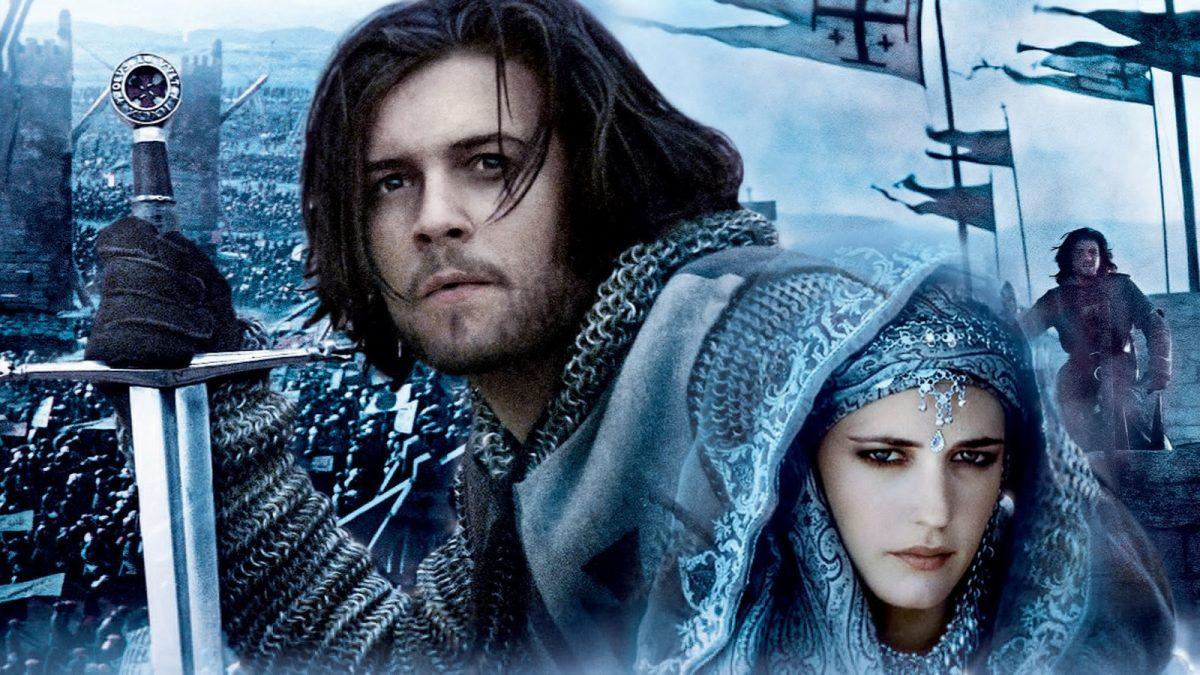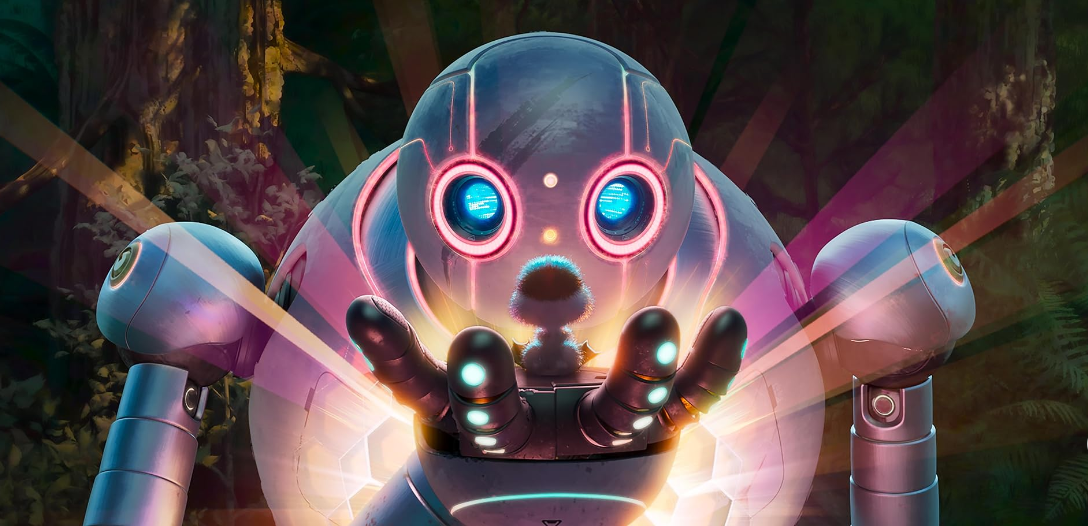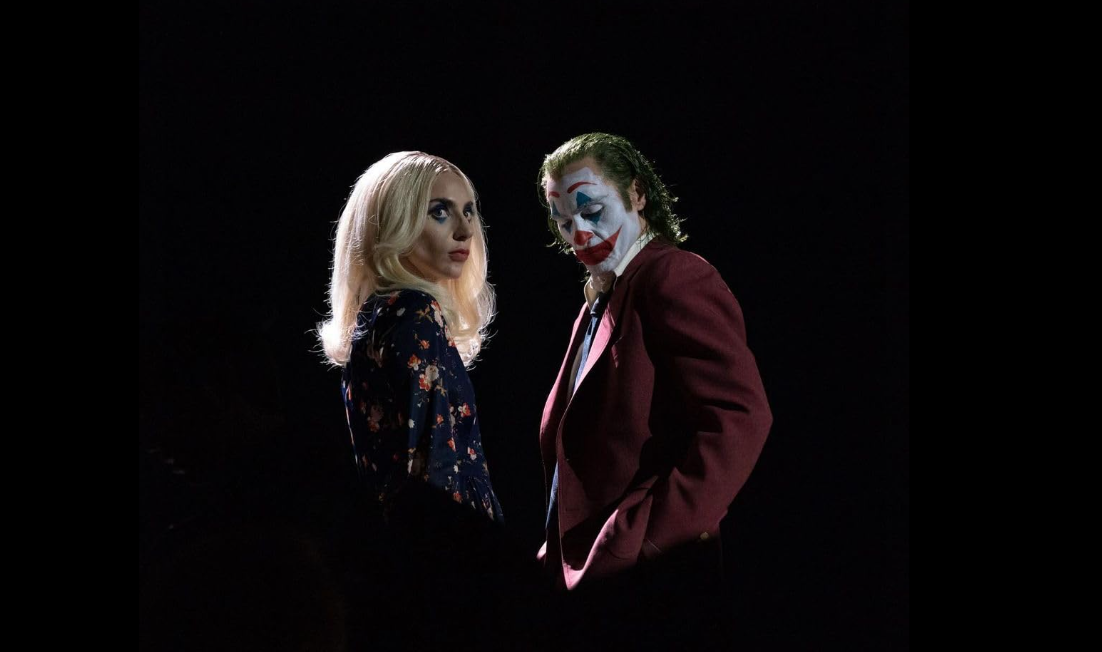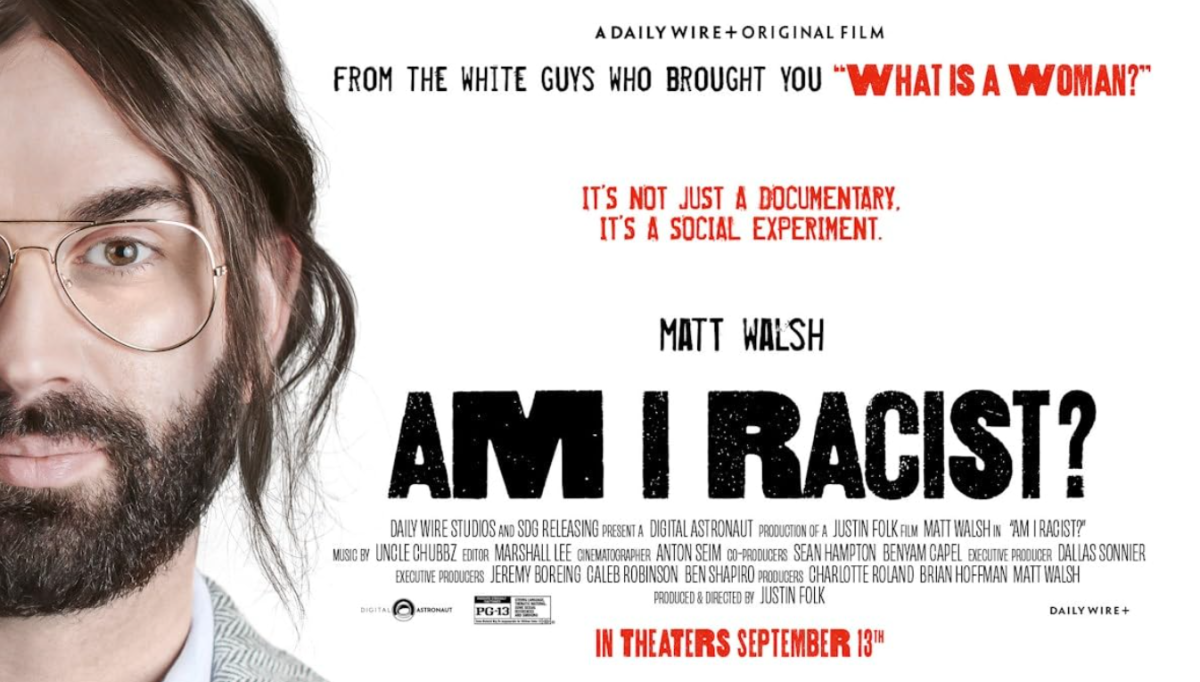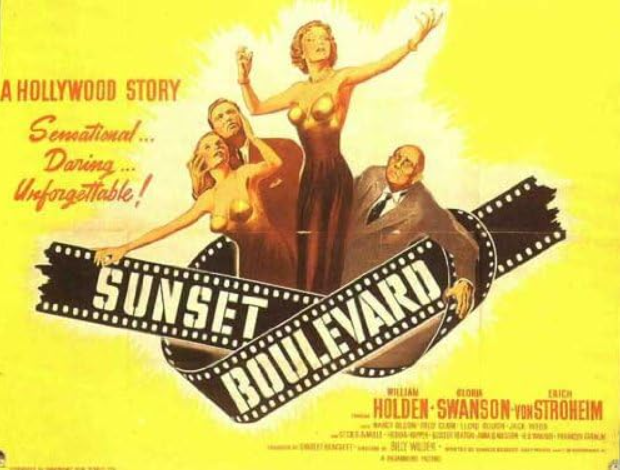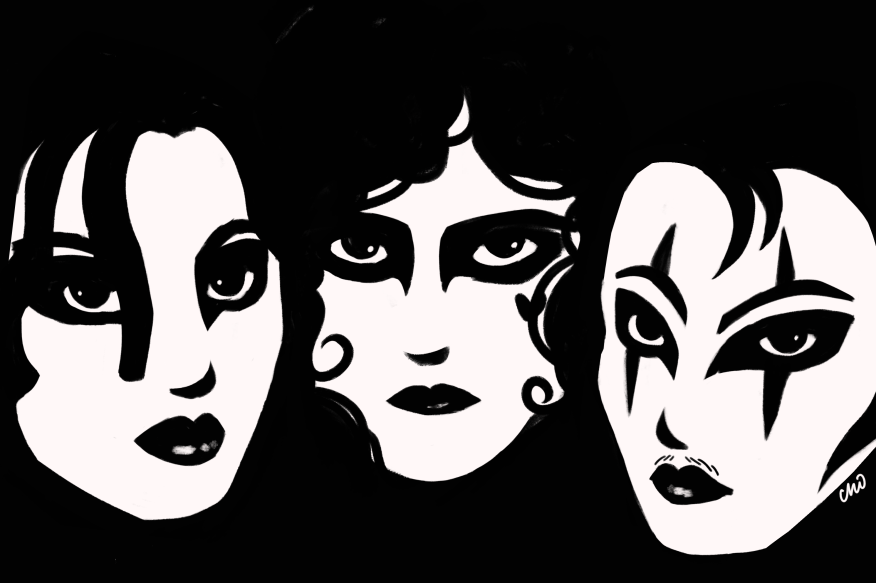Fifteen years ago, director Ridley Scott released his cinematic epic “Kingdom of Heaven.” Set during the Crusades, the film follows Balian of Ibelin, a young blacksmith-turned-lord who sets out for Jerusalem in search of God, forgiveness and a new life. He soon finds himself wrapped up in the political and religious conflict between Muslims and Christians. Both seek to take the city for their own faith, but maintain a tenuous peace desired by the leaders but strained by warmongering Templars. Made in the post-9/11 era, the film takes the tension between Christianity and Islam and tries to promote a message of peace, but struggles in the wake of its cinematic flaws.
The theme of the film is an admirable one: pursue right conduct over “religious” gain. In other words, righteousness is not whatever one decides to do in the name of religion, but that which is just and serves to better those around them. This is the epitome of the character Balian, played by Orlando Bloom. He sees himself as a man forsaken by God, but strives to bring prosperity to whatever situation he is given, which leads him to the defense of Jerusalem not for Christianity but for the people within the city walls. In contrast is the treacherous Guy de Lusignan, portrayed by Marton Csokas, a Templar lord who exploits Christianity in pursuit of bloodshed, power and glory for himself. The rest of the film’s characters stand on one of these two sides, either fighting in the name of religion for themselves, or working toward peace between Muslims and Christians.
While the message of “Kingdom of Heaven” is good, its effect is hampered by the film’s two biggest flaws, one of which lies with its characters. The characters in the film are very one-dimensional. It is clear who the good guys and the bad guys are, with little hint of inbetween. There is no real character development either. Balian from the start is a trueheart, unshakable in his right convictions and doesn’t hesitate to turn away from evil. In contrast Guy is simply evil and selfish, apparently without an ounce of good in him. Even between the Muslim and Christian forces there are clear heroes and villains. The villains want to tear the peace apart and the heroes want to maintain it. The only time there could have been character growth was when Balian’s father was teaching him how to use a sword, and aside from a new way of holding the weapon, it is obvious that Balian already knew how to handle himself with a blade.
The other shortcoming is in the pacing of the film’s plot. From the start of the story until Balian reaches his new home of Ibelin, events move in a rapid and choppy flow. One moment he’s here, then there and so on. It leaves much of the story feeling rushed. Pair that with the lack of character depth and audiences aren’t given much time or reason to be invested in the characters themselves, and therefore their individual trials. This lack of time makes the character’s motives unclear, and with challenges that are rapidly overcome, everything in the story feels detached from the weight of the movie’s theme. The film’s message is clear, it just doesn’t provide the depth of story to really make it effective.
“Kingdom of Heaven” holds a lot of potential to be a great film, even 15 years after its creation. Unfortunately, its flaws hold it back just too much to achieve the greatness it was made for. It is not without some merit though. Its shallow depth does provide an ease of understanding for the point of the film, and the breathtaking scale of some of the scenes still makes it enjoyable to watch. So while it may not have the stance it should have, there is still ground for it to stand on, and perhaps that will be enough to carry it forward.
‘Kingdom of Heaven’: strong as a message but not as a film
December 2, 2020
Photo by Creative Commons
“Kingdom of Heaven” originally released in the United States on May 6, 2005.
0
Donate to The Battalion
Your donation will support the student journalists of Texas A&M University - College Station. Your contribution will allow us to purchase equipment and cover our annual website hosting costs.
More to Discover



